JLR will reinvent the ailing Discovery brand for its sixth generation by repositioning it in its own “unique territory” and moving it away from its Defender sibling, which has been “cannibalising” sales.
The current Discovery has been on sale since 2017, making it the oldest model in the Land Rover stable.
It is also the slowest-selling, notching up only 16,750 global sales last year, almost half that of the Discovery Sport.
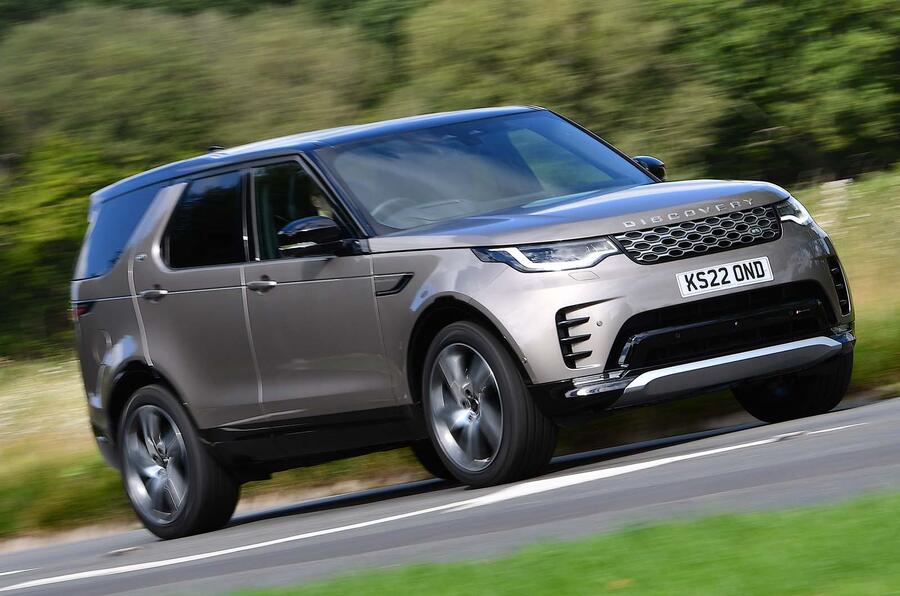
Despite the Discovery making up just 4% of JLR’s total sales, the British firm remains committed to bringing it back for another generation and will focus efforts on more clearly defining the Discovery’s positioning around its “family adventures” values.
Discovery and Defender brands boss Mark Cameron told Autocar the repositioning will need to move the Discovery away from its Defender sibling, which offers comparable refinement and space with a broader spread of engines, trims and body sizes.
The Defender’s 110,367 sales in 2023 were more than six times higher than those of its Discovery sibling.
“If you look from a product perspective, Defender came in and sat quite squarely on top of Discovery and cannibalised a lot of that business,” Cameron told Autocar.
JLR will attempt to set Discovery apart by moving it into a new space, Autocar understands, possibly by adopting some MPV design elements. The Volkswagen ID Buzz, for example, has been touted as a potential reference.
A clean-sheet design brief could even spawn something as radically different to today’s model as the Mk1 Range Rover Evoque was from the Range Rover and Range Rover Sport. Discovery will become one of four stand-alone brands alongside Range Rover, Defender and Jaguar.
Becoming its own entity will give the Discovery brand a renewed lease of life, said Cameron, because all four of JLR’s brands are currently unintentionally competing with each other owing to their shared retail footprint.
He said: “Recreating what Discovery stands for, we absolutely have to make sure it sits in a really unique territory.”
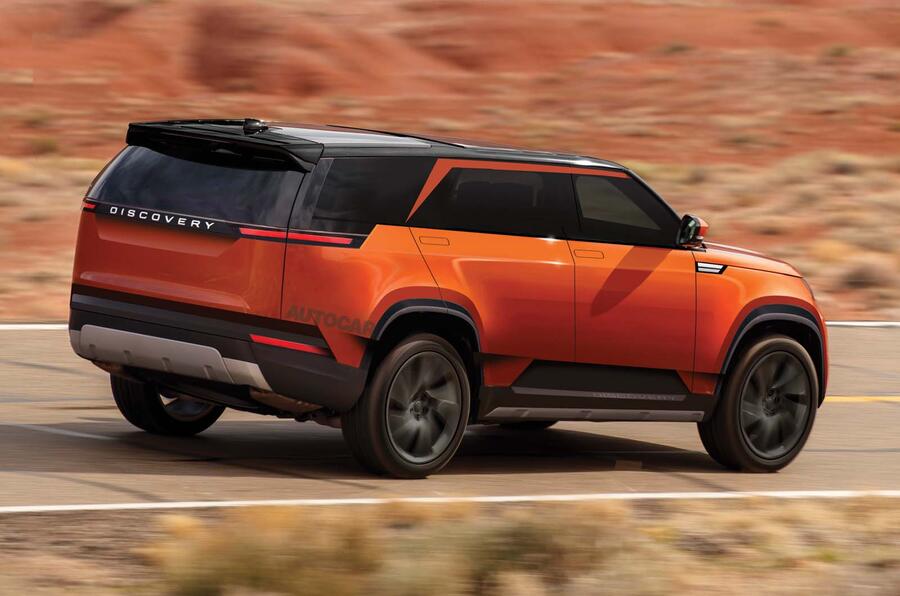

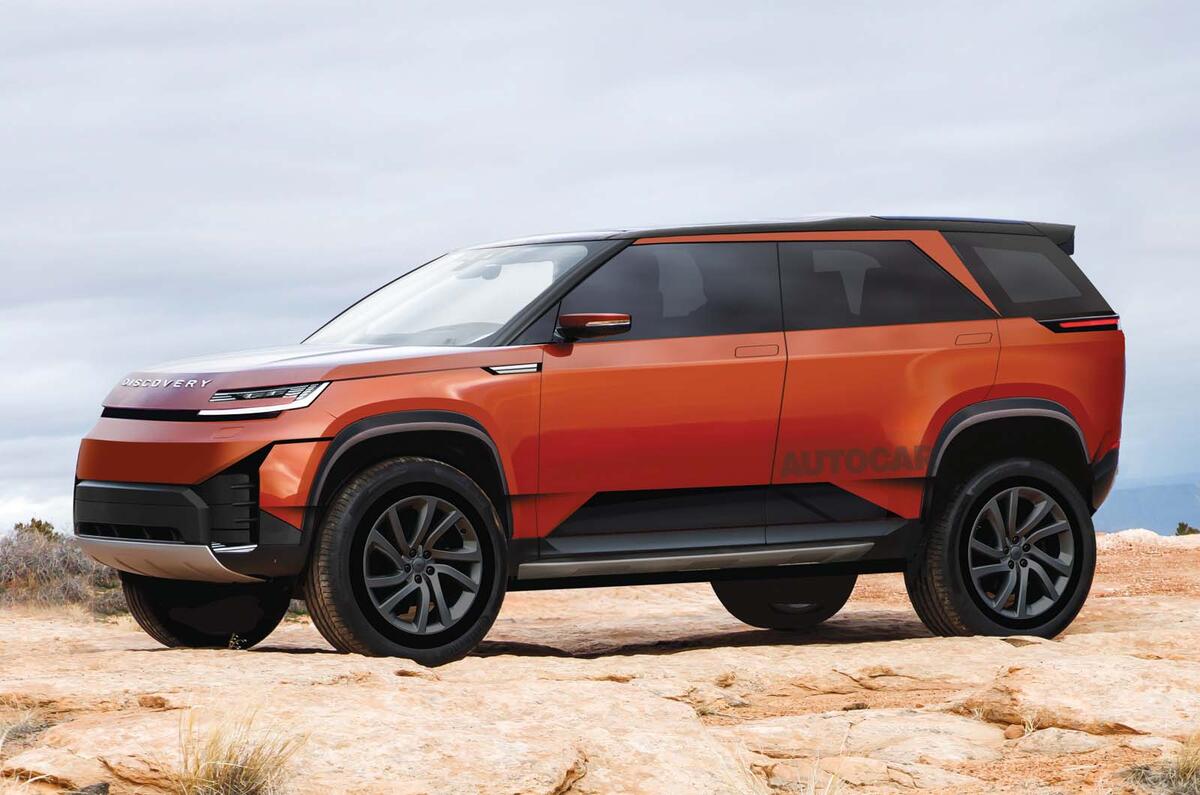
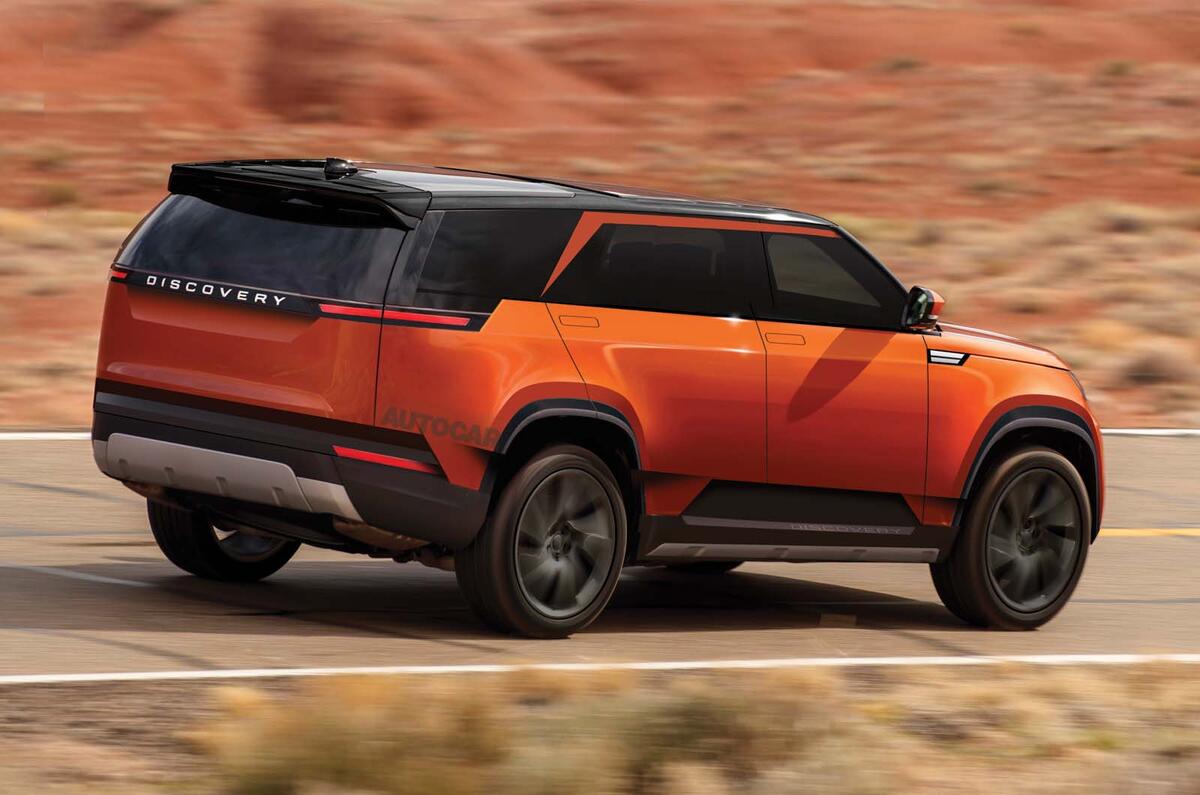
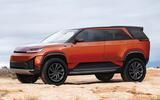
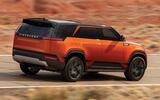

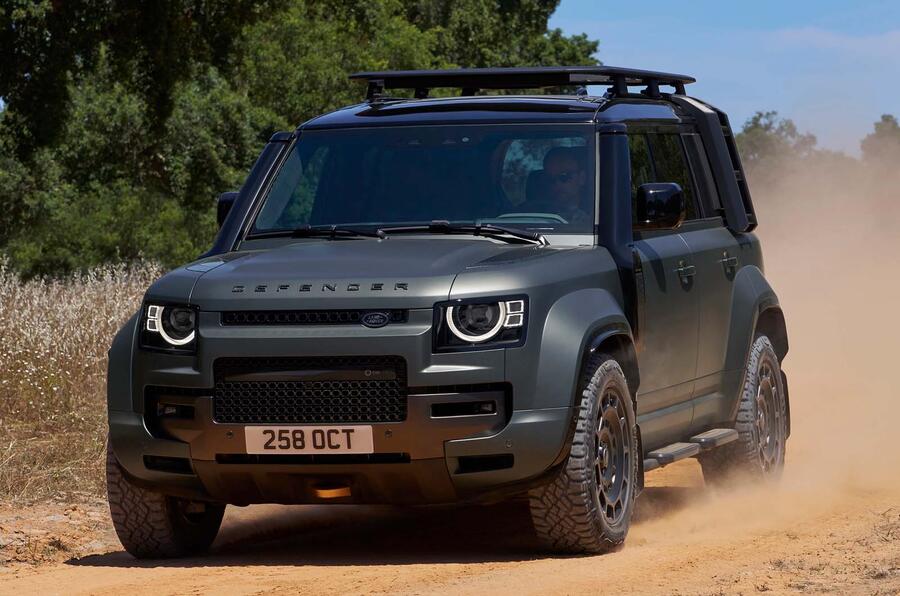





Join the debate
Add your comment
Discovery 1 sold well, Discovery 2 sold well, Discovery 3 was replaced fairly rapidly by Discovery 4 which sold extremely well, JLR bouyed by the success of Discovery 4 decided to take it up market to increase profit margins, and made the Discovery 5, but made it ugly, less practical and more expensive in the process and sales tanked, people chose to buy the cheaper Freelander, Discovery Sport, Velar and Evoque, which all canibalised sales. They had too many products all vying for the same customer. Then of course the release of the F and E- Pace didnt help. To blame the Defender is probably unfair. The Defender as most agree, is the car the Discovery 5 should have been, and the Defender should be robbing sales from the Ford Ranger et al as a utilitarian Pick Up, not another pimped up Chelsea Tractor.
It does frustrate me that they claim the Discovery isn't selling when the real reason is that number is all they wanted to build not what they could sell. They wanted to prioritise higher margin, higher spec Defender builds on the same line. Getting a new Discovery since the facelift has been a painful and lengthy process. If they could build all they could sell there would have been no waiting time. But why build a 60k Disco when you can build an 80k Defender instead?
Yup, the new Defender is a replacement for the Discovery, not a replacement for the original Defender. I agree that Land-Rover should make a utility vehicle to rival the Ford Ranger. Jeez they could even swallow their pride and co-develop it with Isuzu. Since the Isuzu D-Max is effectively the modern utility Defender anyway, at least in the agri sector. But at least JLR is now looking seriously at electrification, which is sorely needed if they are going to survive into the future. Maybe a collaboration with Rivian should also be considered.
Lots of car companies have 'internal competition' from brands and models -the point is to keep potential customers in your showroom and not another brand's. There is a clear difference in the space offering between the Defender and the Disco, with the Disco having more room in the rear. It is a SUV/MPV mix in effect, so highlighting the MPV ethos is a logical approach.
Indeed, there should be a more utilitarian Land Rover offering, a DC pickup of some sort, but there is no point in partnering with an upstart minnow like Rivian, it would undermine JLR in the USA and elsewhere and JLR already has EV tech from before Rivian was created. VW may be partnering with Rivian, but it also partners with Ford on projects, so perhaps JLR would be better-off partnering with a more established brand like Ford. Some people like to use the 'legacy' brand moniker for Ford, JLR et al, but that's over-excitable hubris as the little EV brands will be over-run by the established brands in short order and they know they can only survive by leeching on big brands -like Rivian with VW.